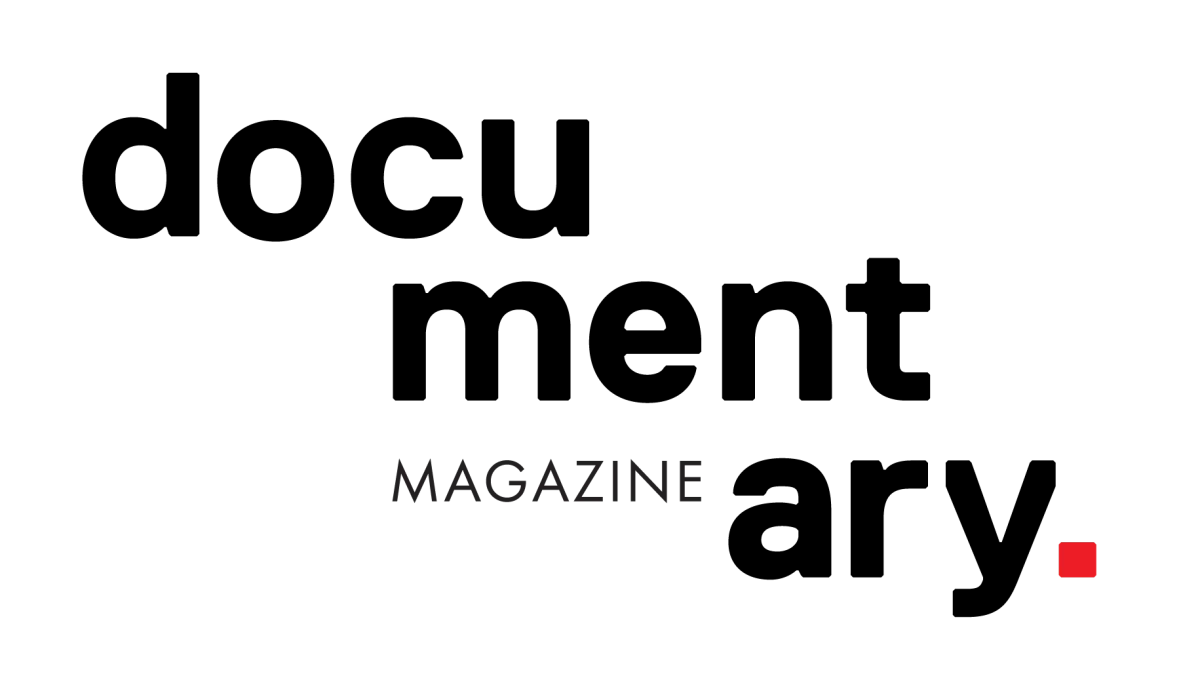FIND Filmmaker Forum: What's Up Doc?
By Tom White
It's been a year of epochal keynote addresses to the indie filmmaking community-bracketed by Mark Gill's gloomy "Yes, The Sky Is Falling" back in June at the Los Angeles Film Festival and Ted Hope's more sanguine "How the New Truly Free Filmmaking Community Will Rise from Indie's Ashes" at Film Independent's Filmmaker Forum two weeks ago.
And somewhere in the stoical middle is the documentary community, facing a shrinking pool of opportunities among the traditional models of getting work out there, but entertaining a wealth of possibilities in the ever-mutating Web 2.0 world. In this spirit, Eddie Schmidt (This Film Is Not Yet Rated; Twist of Faith), IDA's interim executive director, took the helm of What's Up Doc?, a panel that took stock of where we are artistically, professionally and commercially. Joining him on this freeform exploration were Arthur Dong (Hollywood Chinese; Licensed to Kill), Davis Guggenheim (An Inconvenient Truth; The First Year); Freida Lee Mock (Wrestling with Angels: Playwright Tony Kushner; Maya Lin: A Strong Clear Vision); Marina Zenovich (Roman Polanski: Wanted and Desired; Who Is Bernard Tapie?).
Schmidt started the discussion by talking about the passion and craft, and how documentary making was very improvisational. Dong moved the conversation to the editing room, citing how much he loved being there and how he's "always been very solitary. Schmidt concurred: "When you're in the field, your empathy is all used up after a while, but in the editing room, you can be judgmental again."
In documentary, you're in the Truth business-or, perhaps, the truthiness business. Schmidt noted that often the process becomes a struggle between "trying to uphold the subject's point of view while instilling the filmmaker's point of view" And went on to suggested that "sometimes literal truth is not enough." Guggenheim felt that it was "more important to go for the spirit of the truth. You can put accurate things in there, but they might distort the truth."
Moving inevitably to the business side, Schmidt posited that the combination of the decline in box office and the demise of arthouse distributors may have been a factor of "ridiculous expectations." Guggenheim admitted that the market was bad and that "a lot of great films were not finding distribution," there was a loss of confidence in docs and that a lot of the major distributors didn't know how to find the audiences for documentaries. Dong, a longtime proponent of the DIY direction that everyone seems to looking into these days, said that none of his films showed multi-million dollar returns at the box office, and he never expected them to. He went on to lament the evolution of the high-profile festival from a venue where the festival and the filmmaker used to be the ideal marriage to a marketplace for buying and selling.
Continuing on the filthy and elusive lucre track, Schmidt observed, "When there's money involved, there's an element of control that you lose." Dong pointed out that if he had signed with a theatrical distributor, he couldn't have negotiated with PBS. "It's so much easier now than it was ten years ago," he maintained. "It's time to screw the industry [regarding deals}. It's got to be non-exclusive." Dong said that "taking control allows me not to worry about income. I always have a steady stream of income by sustaining the ancillary markets."
The implicit heart of this discussion was the documentary livelihood that the panelists had chosen-a livelihood that is intrinsically volatile and undeniably adventurous. "I am emboldened by the fact that there is no path in documentary," Guggenheim declared. "Every film is different. The greatest way to make God laugh is to tell him your plans."
And with that, the panelists and audience members went back to work.
Elsewhere in the
Filmmaker Forum, Tamara Krinsky covered The Documentary Marketplace panel. For
her coverage, click
here.
Thomas White is editor of Documentary.
